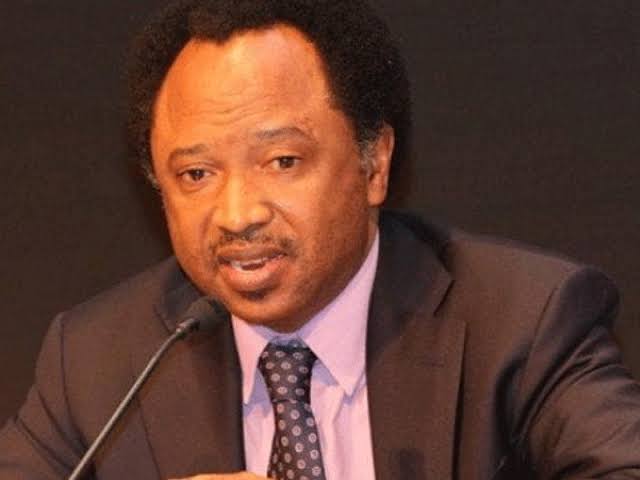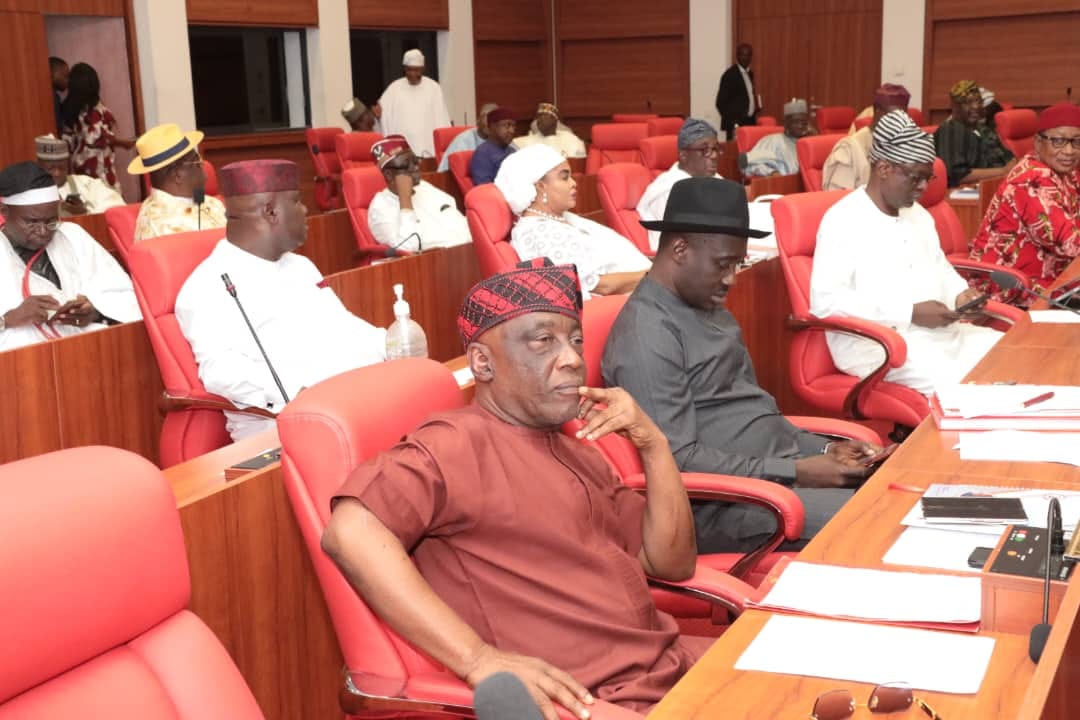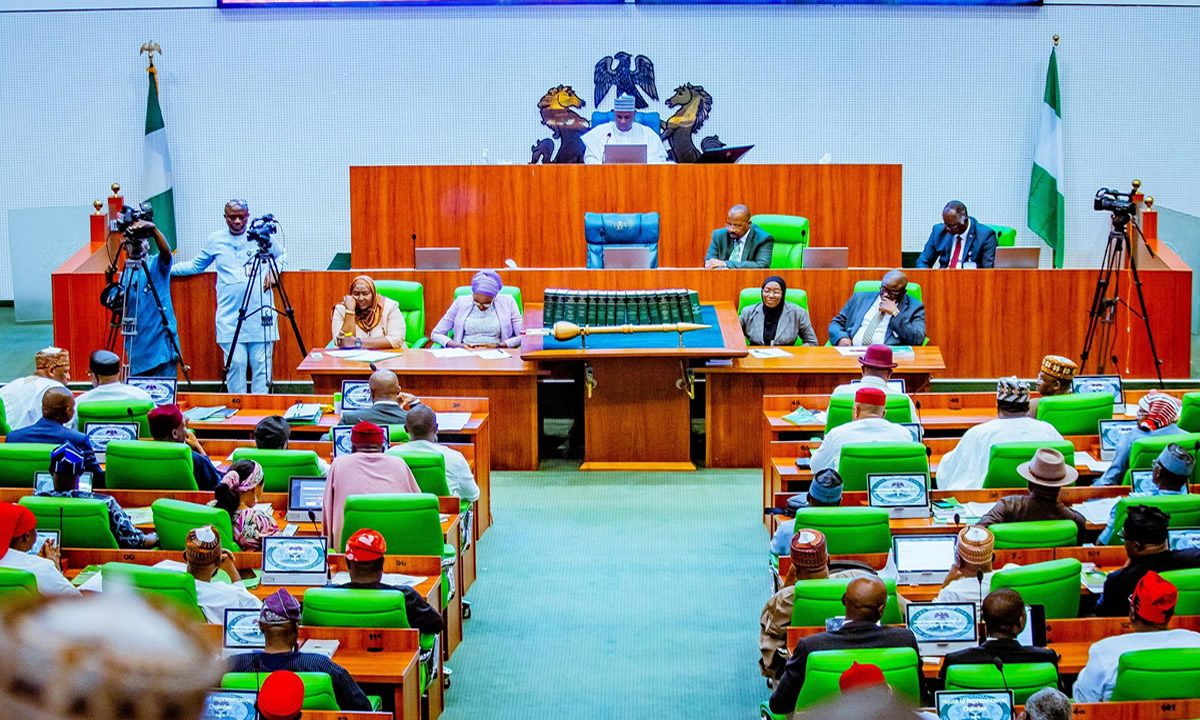Sani reiterated that abandoned projects have been one of the problems of governance in Nigeria as successive governments leave behind projects that ought to have been completed within their tenure for one reason or another.

Senator Shehu Sani has identified corruption, political motives, and legal disputes as the primary culprits behind the prevalence of abandoned projects in Nigeria.
The former lawmaker who represented Kaduna Central in the 8th Assembly, articulated his views on Tuesday during the Growth Initiative for Fiscal Transparency (GIFT) Half Hour Radio Show on the topic, “Money Down the Drain: Tackling Waste in Public Finance Management.”
The GIFT Half Hour Radio Show is an OrderPaper programme focused on advocating for the amendment of the Fiscal Responsibility Act (FRA), 2007 and to plug revenue leakages and address corruption in public finance.
Addressing the root causes of abandoned projects, the Senator, author and Civil Rights Activist, Sani emphasised the role of corruption in inflating project costs and deliberately slowing down progress.
He said “Abandoned projects have been one of the problems of governance in Nigeria. Successive governments have left projects that they ought to have completed within the period of their tenure but for one reason or another leave it behind.
“There are a lot of reasons for this but basically it’s about corruption; most governments embark on projects which are presented to the public as developmental but when you go deep down you find out that the project is deliberately inflated and with the collaboration of contractors you see projects are being slow down with the purpose of reviewing the cost until the tenure of the government ends and then another one comes and when you have a new government that project may not be a priority and then it’s left abandoned.”
He highlighted instances where projects were initiated for political gain without thorough planning.
READ ALSO: Ajaokuta Mambila, Tinapa among 8 abandoned projects with wasted funds
He went on to give specific instances where inadequate infrastructure hampered project functionality, such as the Baro port in Niger State. He further spoke on the Mambila hydroelectric power project, which has been delayed for over 4 decades due to prolonged legal disputes between contractors.
“Naturally you will say the government is continuity but you will find that this is the situation we find ourselves, for example, Katsina Wind Mill was constructed when Umaru Yar’adua was Governor of Katsina state then he thought of having a windmill that will generate electricity but after billions have been spent now it was discovered that there is no enough wind that will propel the propellers that will generate electricity and almost billions of naira have gone down the drains and the same thing with the dredging of river Niger from my own research they say that about thirty-something billion was given to contractors and at a point it stopped.
“So when you go through all the catalogue of these abandoned projects you will see politics there, you will see corruption there, you will see litigations all there and until all these issues are resolved it will continue to be white elephant.”
In combating this challenge, Sani proposed legislative action, emphasising the need for continuity in governance. He lamented the frequent turnover of legislators, which disrupts oversight functions and perpetuates a cycle of inefficiency. Sani advocated for a more strategic allocation of committee assignments based on expertise rather than political interests.
“You see four years will seem like a very long period of time but in my experience in the National Assembly you find out that because of the frequent changes in the membership of the National Assembly we are always starting from the beginning; each time we have an election you find out that about 90 per cent of Senators and 90 per cent of House of Reps members all have to go and then we have fresh faces that are starting from zero.
“In other countries where you have low turnout of new legislature members, that’s where you have continuity.”
Leah Twaki
A Chemistry graduate, excels as a social media manager, digital journalist, and content creator with an interdisciplinary skills blend of science and communication.



